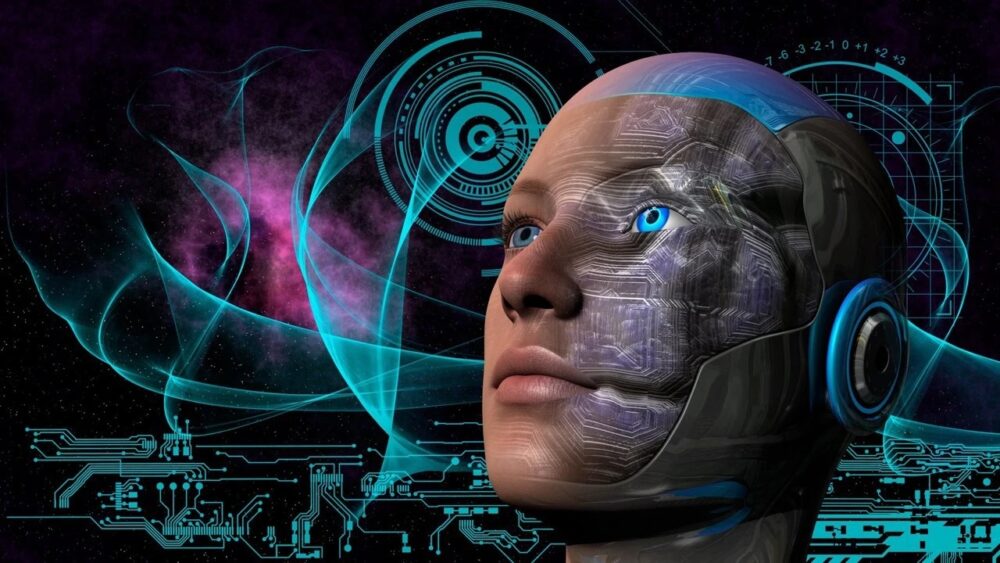A recent analysis has jolted expectations about artificial intelligence: experts now suggest that humanity might reach the technological singularity—the point where machine intelligence surpasses human capability—within a matter of months, rather than decades.
The shift comes amid rapid progress in large language models (LLMs) and debates over when artificial general intelligence (AGI) will emerge. Previously projected timelines often ranged toward the 2040s or beyond, but recent enthusiasm and bold predictions have heightened urgency.
Some prominent voices in AI even claim that the singularity could begin within the next three months. These forecasts draw on trends in computing power, algorithmic advances, and speculative potential of future technologies like quantum computing.
Still, the idea remains controversial. Skeptics point to the many unsolved challenges in replicating general intelligence, cautioning that human cognition may be too nuanced for straightforward simulation. The debate now centers on not whether the singularity will occur, but when—and how society can prepare.















